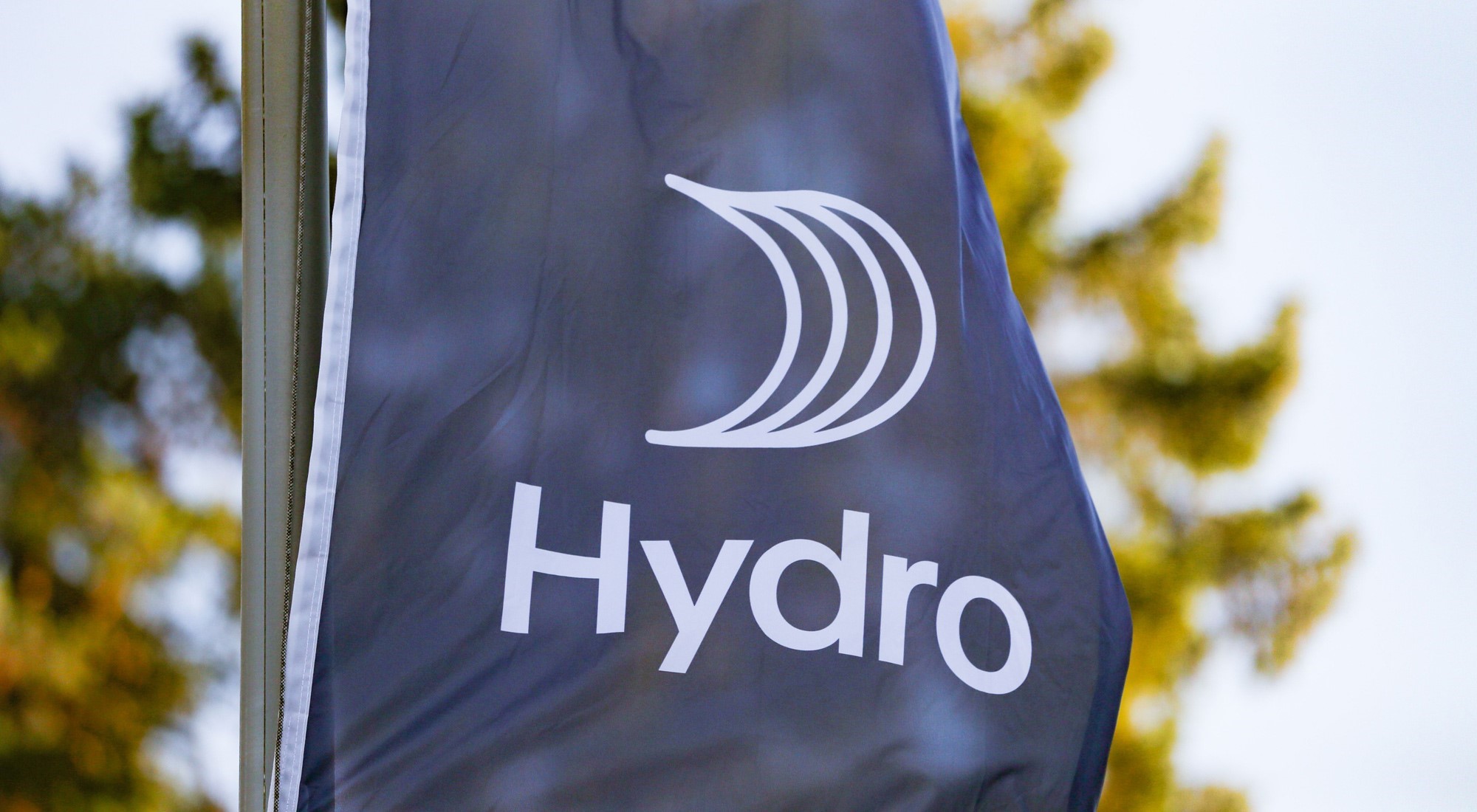

Hydro is advancing its commitment to achieving zero CO2 emissions in aluminium production by implementing emission-free plasma technology in the Sunndal cast house. The Norwegian Government has provided soft funding for this innovative project, recognising its potential to significantly impact hard-to-abate industries globally.

The traditional method of re-melting aluminium into new products involves an energy-intensive process requiring extremely high temperatures, typically reliant on fossil energy sources such as natural gas. However, Hydro is pioneering a breakthrough with new plasma technology that facilitates the electrification of this process.
"We aim to change the game for aluminium production. Plasma technology is both high tech and future oriented. If we succeed with the pilot project at Sunndal it will not only affect the aluminium industry, but also other hard-to-abate industries worldwide," said Eivind Kallevik, Executive Vice President for Hydro Aluminium Metal.
By harnessing renewable energy sources, the same ones powering Hydro's primary smelters, the company is poised to revolutionise aluminium re-melting, making it more sustainable and environmentally friendly. This development aligns with Hydro's broader goal of reducing its carbon footprint and promoting cleaner practices within the aluminium industry.
In a pioneering leap towards sustainable aluminium production, Hydro is setting its sights on achieving the historic milestone of melting the inaugural batch of nearly emission-free aluminium in the Sunndal casthouse by the fourth quarter of 2025. This ground-breaking pilot initiative is poised to make a significant impact by curbing carbon emissions by more than 500 tonnes annually. However, the ripple effect of this eco-friendly endeavour extends far beyond Sunndal, with the potential to slash a staggering 11 million tonnes of CO2 emissions globally from aluminium casthouses and recyclers.
"We are working closely with Europe's most demanding customers to help them achieve their climate ambitions using low-carbon and recycled aluminium. We are proud to offer aluminium based on renewable energy and with a 75 per cent lower carbon footprint than the global average," added Kallevik.
Fueling this ambitious project is the support from Enova, a visionary enterprise established by the Norwegian Government to facilitate the transition to a low-emission society. Acknowledging the transformative potential of Hydro's initiative, Enova has generously granted NOK 39.6 million in support, underscoring the collaborative effort to reshape the landscape of aluminium production into a more environmentally conscious and sustainable endeavour.
Hydro aims to achieve zero emissions throughout the aluminium value chain by 2050. Hydro Sunndal, Europe's biggest and most advanced aluminium facility, is a demonstration location for absorbing carbon emissions from current electrolysis. Hydro also agreed to invest in a test facility in Porsgrunn in the autumn of 2023 to develop further HalZero, a completely new process for primary aluminium production that eliminates carbon emissions from electrolysis and anode baking.



Responses






